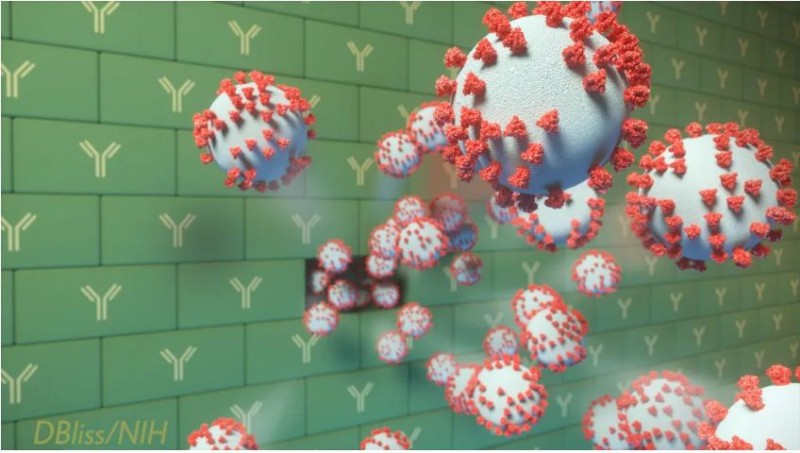
NEW YORK: Multiple studies have shown how infected immune cells trigger a large inflammatory response that leads to severe Covid-19, The Nature reported.
While scientists have known since the beginning of the pandemic that inflammation causes severe respiratory distress and other organ damage, they have struggled to identify the triggers.
Two kinds of white blood cells are implicated in the studies: macrophages in the lungs and monocytes in the blood. One study was published in The Nature, and the other was a preprint released online but not peer-reviewed. Once infected with the virus, these cells cause inflammation.
The research also reveals how the virus gets into those cells and confirms that it can infect and proliferate in immune cells. The findings could point to a possible medication development target. Blood samples from persons with Covid-19 were studied in the Nature study by researchers from Boston Children's Hospital in the United States. They discovered pyroptosis, a type of cell death linked to inflammation, in about 6% of monocytes, which are 'early responder' immune cells that scan the body for foreign invaders.
According to the researchers, the virus activated inflammasomes, which are big molecules that initiate a cascade of inflammatory reactions that result in cell death. Macrophages, another type of immune cell, were found to have active inflammasomes in the lungs of persons who died of Covid. According to the assessment, a small percentage of these had been infected with the virus.
Covid vaccine technology could create first-ever cure for heart attacks
Lancet study finds Heart inflammation risk post Covid-19 vaccination rare
CRISPR gene finds biological mechanism behind common blood disorder